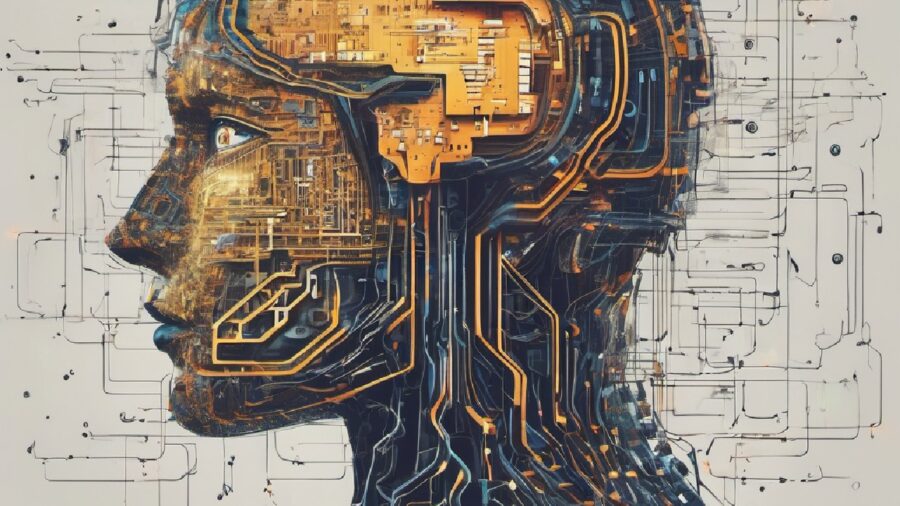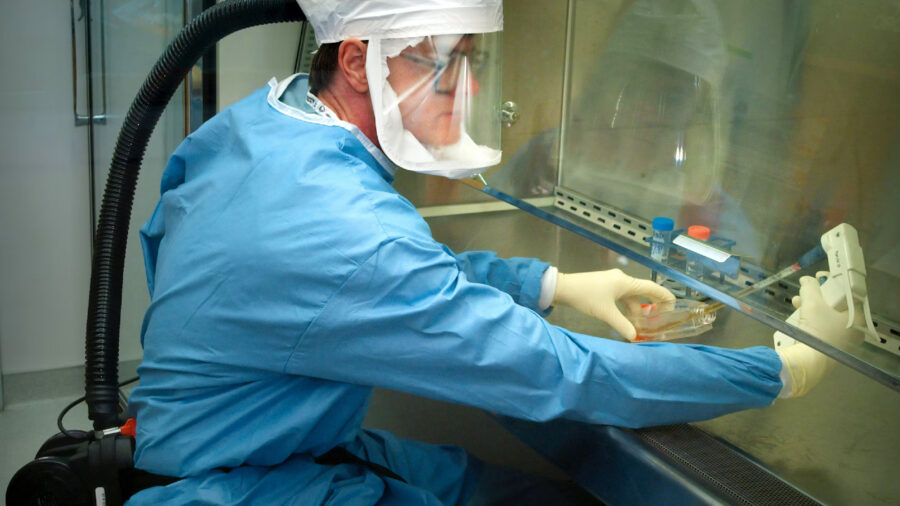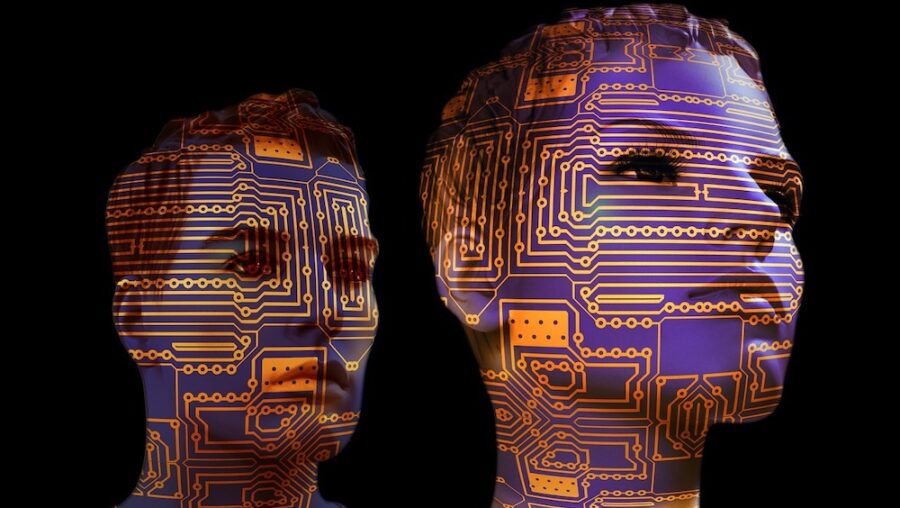AI Designs Antibodies From Scratch In ‘Landmark Moment’ For Science

We have already discussed how the advent of artificial intelligence in recent years has made massive waves in the uncharted waters of scientific discovery, particularly after an AI model helped scientists develop a new antibiotic for a drug-resistant staphylococcus bacterium. While that was a major, groundbreaking work, another discovery was made just recently. Namely, a generative AI model has helped researchers develop completely new antibodies—dubbed the “AI antibodies” by the press—for the first time.
How AI Helped Scientists Develop New Antibodies

A group of researchers from the University of Washington in Seattle have used an AI tool that their team previously released to help them transform a protein design and thus make AI antibodies. The AI, which relies on neural networks like those used by image-generative AI such as DALL-E and Midjourney, was additionally fine-tuned for this task and fed thousands of data points on antibody-like interactions. The results were fantastic, as they allowed researchers to design thousands of AI antibodies, some of which target COVID-19, flu, and cancer cells.
Now, it’s important to note that this is just a proof-of-principle, which is an initial demonstration that verifies certain concepts and theories’ potential real-world applications. It’s often used in various fields, including pharmaceuticals, to illustrate the feasibility of a particular concept and provide enough evidence to justify further investment, research, and development. So, when the model designed AI antibodies, the scientist built the subset of its design and tested them in laboratory settings.
Influenza Targeting Antibodies

The results weren’t actually encouraging, with a success rate of approximately 1 percent, but it did yield some interesting results, particularly when it comes to influenza. Namely, one of the AI antibodies recognized its intended portion of the target protein—this means that the intended antibody performs its function and has the ability to mimic the antibodies produced by the human body. However, it’s important to note that these antibodies are still far from being used in clinical treatment.
Single-Domain Antibodies

The reason lies in the simplicity of AI antibodies. The proof-of-concept AI is currently developing single-domain antibodies, which resemble those found in camels and sharks, rather than the complex protein that nearly all FDA-approved antibody drugs are based on. The single-domain antibodies are simply easier to design and study in the lab, so it really makes sense to design these antibodies first during the proof-of-concept stages.
AI Developed Medicine Still Far Off

So, despite AI antibodies lacking any real-world applications, they’re definitely a step in the right direction towards the methods we need. The proof-of-concept ideas often provide a good foundation for further research, like the search for HIV cure that ended up having a very high success rate under certain conditions. However, translating these successes into safe, effective, and broadly applicable treatments remains a significant challenge for any frontier-type research.
The Bright Side Of AI

But that doesn’t take away from the fact that the recent proof-of-concept for AI antibodies paves the way to a brighter future. A future in which AI assembles antibody drugs and antibiotics from a protein pile at the touch of a button and offers a fully-personalized medical care based on patient-specific parameters.
Source: Nature












